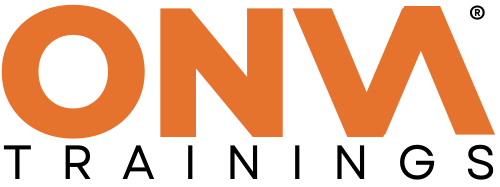Table of Contents
Introduction:
In the intricate world of online content creation, ensuring legal compliance is just as crucial as crafting captivating visuals and engaging text. Understanding and abiding by copyright laws and ethical content practices are paramount for maintaining the integrity of your WordPress website. This guide delves into the legal complexities surrounding image and content usage on WordPress platforms, offering practical insights and actionable steps to uphold legal standards while fostering originality and authenticity.
Grasp Copyright Regulations:
Dive into the realm of copyright laws, both domestically and internationally, to grasp the fundamentals. Recognize the broad scope of copyright protection encompassing various creative works, including images, texts, and multimedia content. Familiarize yourself with creators’ rights and the limitations imposed on unauthorized usage.
Source Legitimate Imagery:
Prioritize licensed or royalty-free images sourced from reputable platforms when selecting visuals for your WordPress website. Explore stock photo websites offering licensed content or opt for images explicitly labeled as “royalty-free” or “creative commons” to ensure adherence to usage rights.
Secure Permissions for Content:
Obtain explicit permission before incorporating third-party content, such as guest posts or user-generated materials, into your WordPress site. Establish clear terms of use and obtain written consent from original creators, outlining the extent and duration of content utilization.
Attribute with Precision:
Practice proper attribution for images and content requiring acknowledgment of original creators. Provide comprehensive credit including the creator’s name, work title, and source link whenever feasible. Demonstrating respect for intellectual property rights fosters an environment of ethical content consumption.
Avoid Plagiarism Pitfalls:
Uphold the ethical standards of your WordPress website by steering clear of plagiarism—unauthorized usage of others’ work. Ensure all content is either original or appropriately licensed, employing plagiarism detection tools to rectify inadvertent instances of duplication before publication.
Harness Public Domain and Creative Commons Content:
Explore the treasure trove of public domain and Creative Commons-licensed content, which offers opportunities for legal usage without explicit permissions. Adhere to specific license terms and conditions governing usage rights and restrictions.
Scrutinize License Terms:
Prior to integrating any content into your WordPress site, meticulously review associated license terms and usage rights. Certain licenses may impose constraints on commercial utilization, modifications, or distribution, necessitating compliance with stipulated conditions.
Institute Clear Content Policies:
Establish comprehensive content policies outlining acceptable use guidelines for all forms of content on your WordPress website. Communicate these policies effectively to contributors, staff, and users to foster a culture of adherence and accountability.
Monitor for Copyright Infringement:
Proactively monitor your WordPress site for potential copyright infringements using online tools and services. Take prompt action to address any unauthorized content usage, including issuing takedown notices or seeking legal recourse when necessary.
Seek Legal Guidance:
When uncertainties arise regarding content legality, seek counsel from legal professionals specializing in intellectual property law. Obtain tailored advice to navigate complex legal issues effectively and mitigate risks associated with content usage on your WordPress platform.
Conclusion:
In the ever-evolving digital landscape, maintaining legal compliance is essential for safeguarding your WordPress website’s content integrity. By embracing proactive measures and adhering to copyright laws and ethical content practices, you can uphold legal standards while nurturing creativity and authenticity in your digital endeavors.

